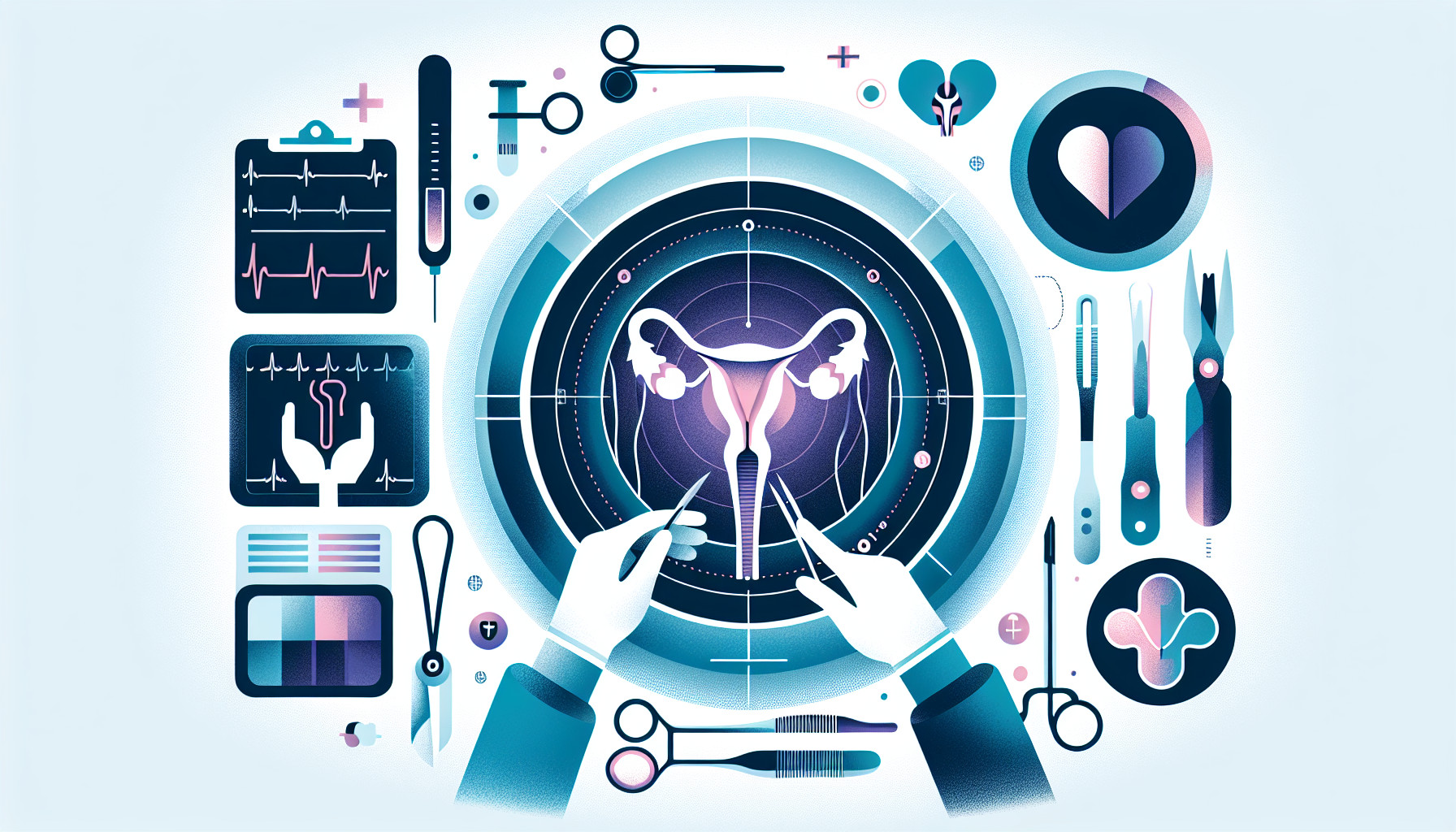Our Summary
This research paper discusses a comparison study on the effectiveness of two types of surgery: laparoscopic and microscopic, specifically in relation to varicocele, a condition often causing male infertility. Varicocele refers to the enlargement of veins within the scrotum, similar to varicose veins that can occur in legs. The study aims to find out which surgical method is more effective in treating this condition. The laparoscopic surgery involves small incisions and use of a camera to guide the surgery, while microscopic surgery involves the use of a microscope for a highly detailed view of the treatment area.
FAQs
- What is varicocele surgery?
- What is the difference between laparoscopic surgery and microscopic surgery for varicocele?
- What is the purpose of comparative effectiveness research in varicocele surgery?
Doctor’s Tip
One helpful tip a doctor might tell a patient about varicocele surgery is to follow post-operative care instructions closely to ensure proper healing and recovery. This may include avoiding strenuous activities, wearing a scrotal support garment, and taking prescribed pain medication as needed. It is also important to attend follow-up appointments to monitor progress and address any concerns.
Suitable For
Varicocele surgery is typically recommended for patients who experience symptoms such as pain, swelling, or discomfort in the scrotum due to a varicocele. It may also be recommended for patients with infertility issues related to the varicocele, as surgical repair can improve sperm quality and increase the chances of conception. Additionally, varicocele surgery may be recommended for patients with a varicocele that is significantly impacting their quality of life or causing complications such as testicular atrophy. Ultimately, the decision to undergo varicocele surgery should be made in consultation with a healthcare provider who can assess the individual patient’s specific circumstances and recommend the most appropriate treatment option.
Timeline
Before varicocele surgery:
- Patient notices symptoms such as pain or swelling in the scrotum.
- Patient sees a doctor for evaluation and diagnosis of varicocele.
- Doctor may recommend conservative treatments such as pain management or wearing a scrotal support.
- If conservative treatments are not effective, doctor may recommend varicocele surgery.
After varicocele surgery:
- Patient undergoes pre-operative preparation and receives instructions on how to prepare for surgery.
- Surgery is performed, either laparoscopically or microscopically, to repair the varicocele.
- Patient may experience some pain and discomfort after surgery, which can be managed with pain medication.
- Patient is advised to rest and avoid strenuous activities for a period of time after surgery.
- Patient follows up with the doctor for post-operative care and monitoring of recovery.
- Over time, patient should experience improvement in symptoms such as pain or swelling in the scrotum.
What to Ask Your Doctor
- What are the potential risks and complications of varicocele surgery?
- What is the success rate of the surgery in improving symptoms and fertility?
- How long is the recovery time after varicocele surgery?
- Will I need to take any medications or follow a special diet after the surgery?
- How soon after the surgery can I resume normal activities, including exercise and sexual activity?
- Are there any long-term effects or complications associated with varicocele surgery?
- How will the surgery affect my fertility and chances of conceiving a child?
- Are there any alternative treatments or non-surgical options for managing varicocele?
- How many varicocele surgeries have you performed, and what is your success rate?
- What should I expect during the surgery, and will I be under general anesthesia?
Reference
Authors: Li Z, Hu S, Zhou R, Wang J. Journal: World J Urol. 2022 Jan;40(1):299-300. doi: 10.1007/s00345-020-03516-1. Epub 2020 Nov 10. PMID: 33169185
